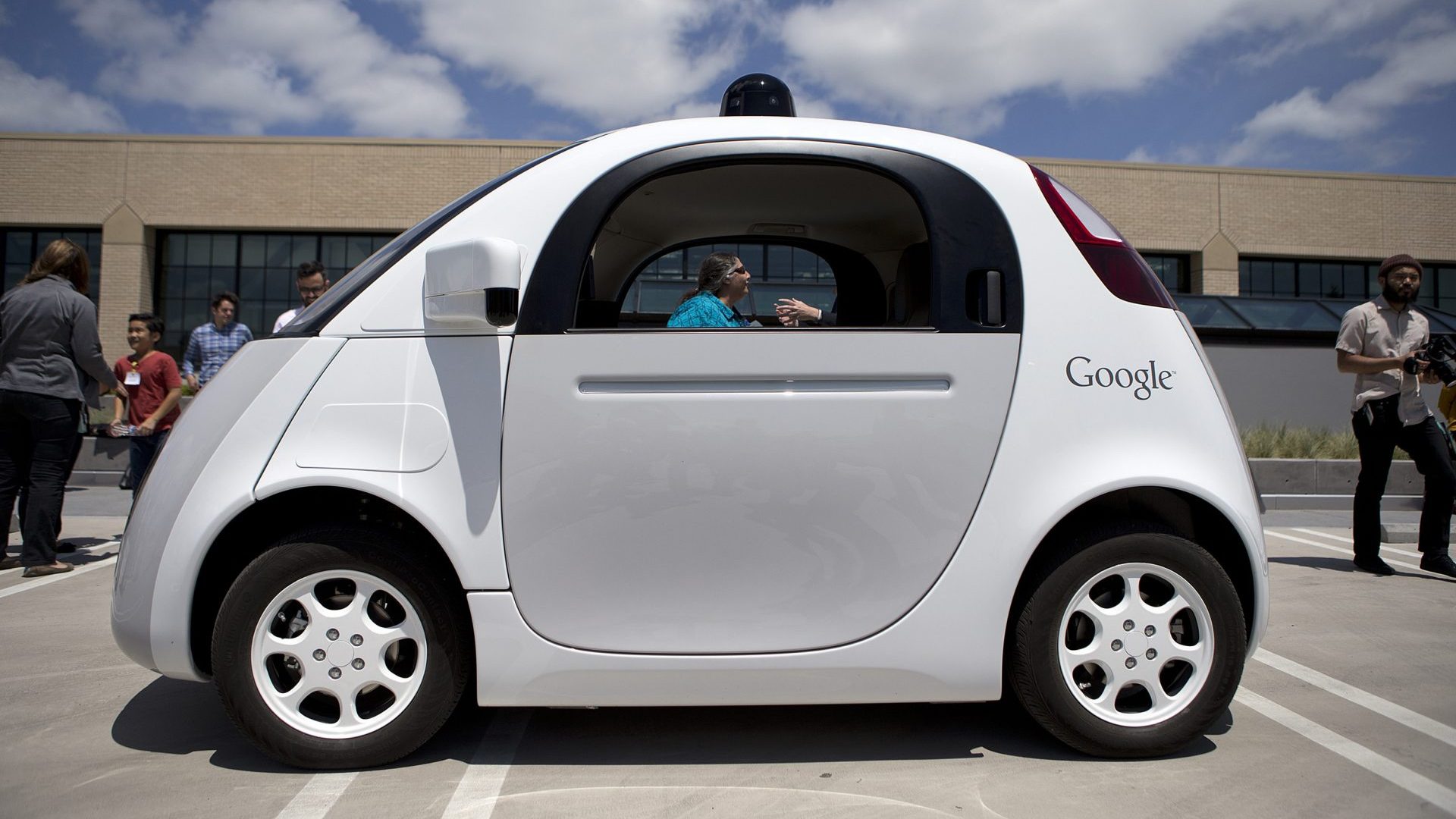

The first self-driving cars that consumers can actually buy (or at least pay to ride in) are expected to appear early in the next decade. But how long will it take for autonomous vehicles to achieve a modicum of popularity? Not very long, according to a new study by The Boston Consulting Group (BCG). By 2030, the research firm estimates that 25 percent of miles driven in the U.S. could be covered by autonomous electric cars.
As with previous analysis, the BCG study predicts the combination of autonomous driving, electric power, and ride sharing will prove more potent economically than any of those factors on their own. BCG expects the shift toward autonomous electric cars to begin in the early 2020s, with the highest levels of adoption in cities with more than 1 million people. Large cities have the population necessary to keep fleet utilization high, and also theoretically stand to benefit the most from anticipated decreases in congestion, parking issues, and pollution. (On the flip side, Increased use of sharing services could lead to lower use of mass transit, which the study claims may trigger efforts by cities to limit the number of autonomous cars on their streets.)
In addition to reducing congestion, the study predicts shared autonomous electric vehicles could cut commuters’ travel costs by up to 60 percent. A typical Chicagoan who owns a car and drives 10,000 miles a year could slash travel costs from $1.20 per mile to around $0.50 per mile, according to the study.
While that creates a major incentive for drivers to become ride-share passengers, the study claims autonomous ride sharing won’t have too big of an impact on the number of cars on the road. It predicts that 4.7 million self-driving cars will displace 5.1 million privately-owned cars by 2030. However, even a slight dip in car sales could have an impact on dealers. Self-driving electric cars would also need less maintenance, potentially impacting not only dealers but other businesses in the current automotive ecosystem.
Even carmakers need to move quickly to adapt to a world where autonomous vehicles roam the streets en masse, according to BCG. But before that can happen, self-driving cars will need to overcome numerous regulatory and technical hurdles…not to mention win over a somewhat skeptical public.